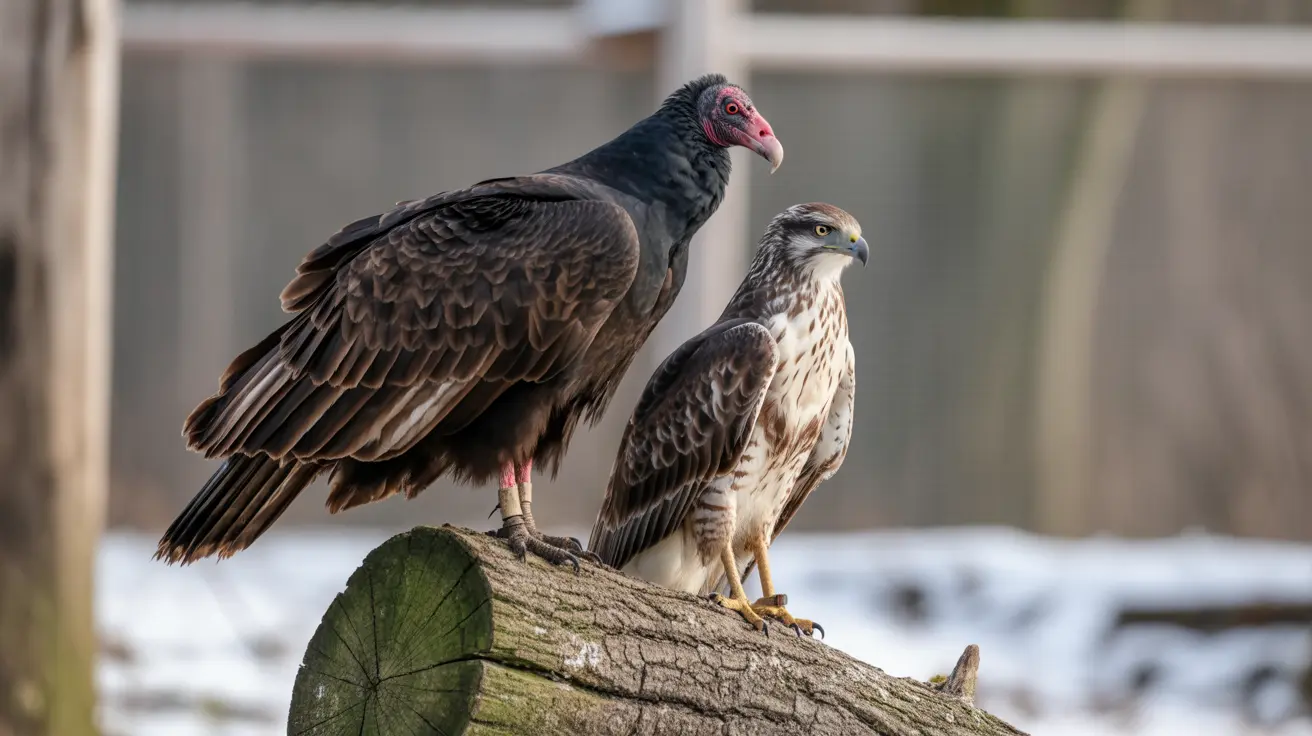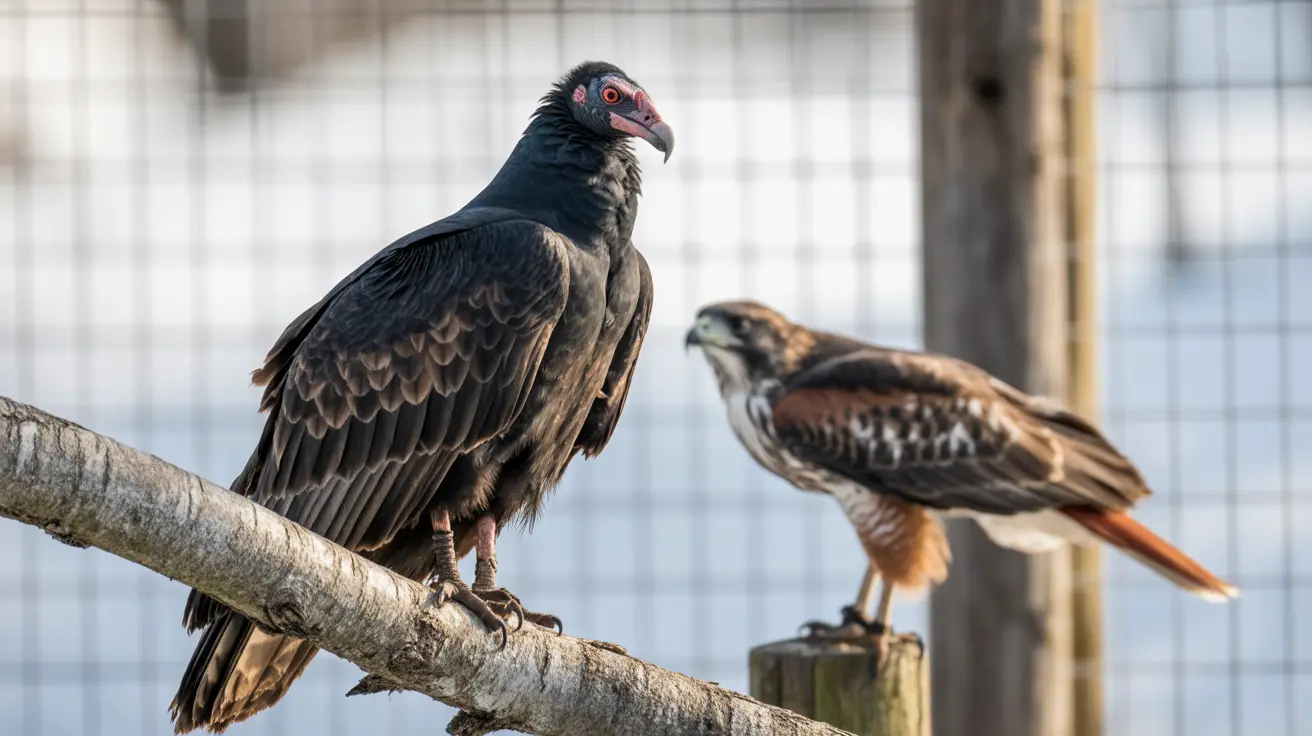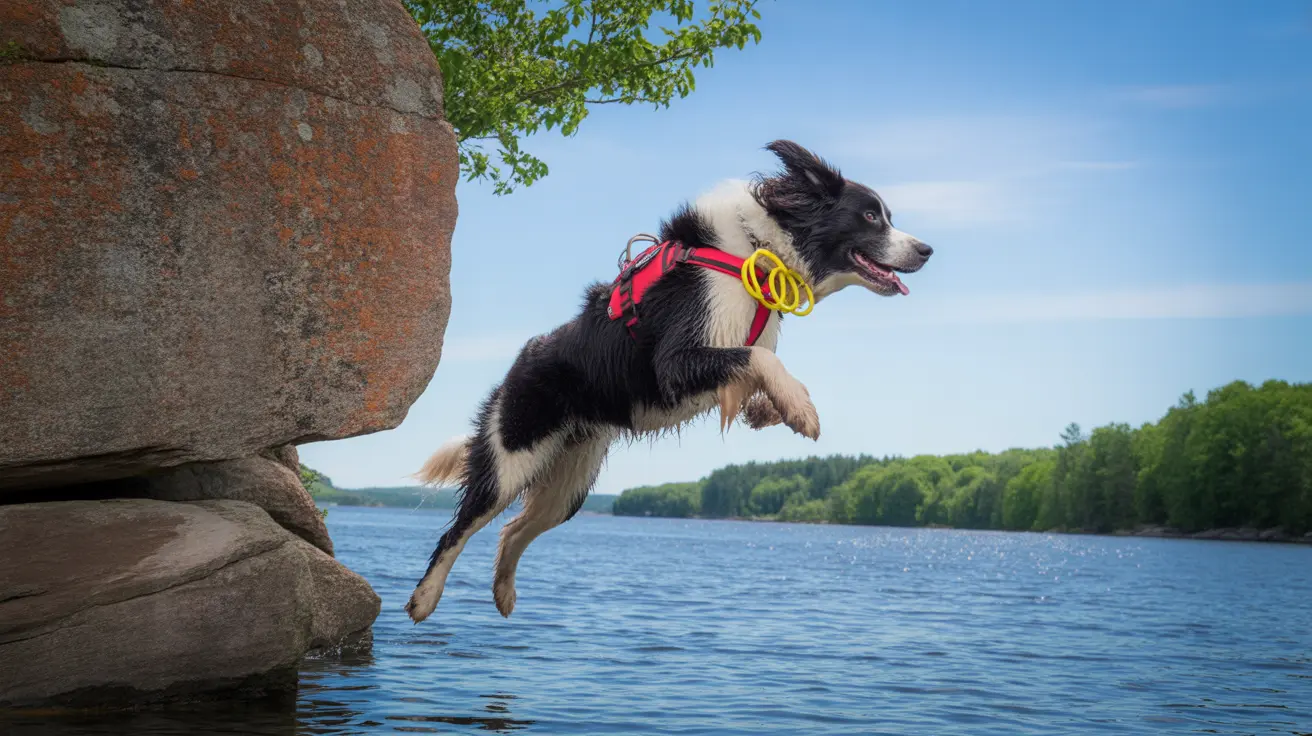What Defines a Carolina Dog?
The Carolina Dog, often referred to as the American Dingo or Dixie Dingo, is a rare and primitive breed that naturally evolved in the Southeastern United States. Known for their distinctive appearance and intelligent behavior, these dogs have maintained many of their wild traits due to limited human intervention in their development.
Origins and History
Carolina Dogs are believed to be descendants of ancient pariah dogs that accompanied the first humans migrating from Asia across the Bering land bridge. Over thousands of years, they adapted to life in the wild, especially in the remote swamps and forests of the American South.
This isolation helped preserve their primitive characteristics, making them one of the few breeds in North America with minimal influence from selective human breeding practices. They were largely left to survive and evolve through natural selection.
Physical Characteristics
Carolina Dogs possess a distinctive and athletic look:
- Medium-sized body with a lean, muscular frame
- Short, smooth coat that typically comes in shades of ginger, tan, or cream
- Upright, alert ears and almond-shaped eyes
- Fishhook tail that curves slightly upward
These features contribute to their effective survival strategies in the wild and make them agile and alert companions.
Instinctive Behavior and Temperament
The Carolina Dog retains much of its primitive behavior. They are highly alert and cautious, often wary of strangers due to their strong natural instincts. However, with early socialization, they become loyal and affectionate with their family members.
Key temperament traits include:
- Pack-oriented: thrive in canine groups or stable households
- Loyal: form close bonds with their humans
- Cautious: naturally reserved around unfamiliar people and situations
- Intelligent: quick learners with problem-solving abilities
Living with a Carolina Dog
This breed fits best in households that understand their unique needs. Their energy and intelligence require managed outlets, and they often excel in environments that offer:
- Ample exercise: daily walks, runs, and play sessions
- Mental stimulation: training exercises, interactive toys, challenges
- Secure fencing: due to their inquisitive and independent nature
- Consistent routine: thrive in familiar, structured settings
Owners should commit to early and patient socialization, especially if bringing home a Carolina Dog from a rescue or natural environment.
Training and Socialization
Carolina Dogs respond well to positive reinforcement techniques, including treats and verbal praise. Their cautious nature means they may take longer to warm up to new people and situations, but gentle and consistent training can yield excellent results.
As intelligent dogs, they benefit from:
- Obedience classes or structured training programs
- Consistent house rules
- Exposure to various environments, people, and animals
Health and Lifespan
Carolina Dogs are generally healthy, owing to natural selection pressures that eliminated weaker genetic traits. They are known for their hardiness and have a typical lifespan of 12 to 15 years.
Potential health considerations may include:
- Hip dysplasia (though not common)
- Parasites, especially in dogs from wild or semi-wild backgrounds
- Sensitivity to some vaccines or medications
Routine veterinary care, a balanced diet, and regular exercise are fundamental to maintaining their wellbeing.
Why Choose a Carolina Dog?
Owning a Carolina Dog is a rewarding experience for individuals or families who appreciate natural canine behavior and are committed to thoughtful training and bonding. Their blend of independence, loyalty, and intelligence makes them unique among domesticated breeds.
Highlights of the Carolina Dog include:
- Low grooming needs due to their short coat
- Natural cleanliness and minimal odor
- Excellent watchdog abilities
- Adaptable to various climates
Conclusion
The Carolina Dog represents a living link to the past—an ancient breed that has maintained its wild roots while adapting to modern family life. Their primitive instincts, loyal nature, and low-maintenance care make them a fascinating and worthy companion for the right owner. If you're seeking a dog that blends history, mystery, and natural intelligence, the Carolina Dog might just be the perfect match for you.





